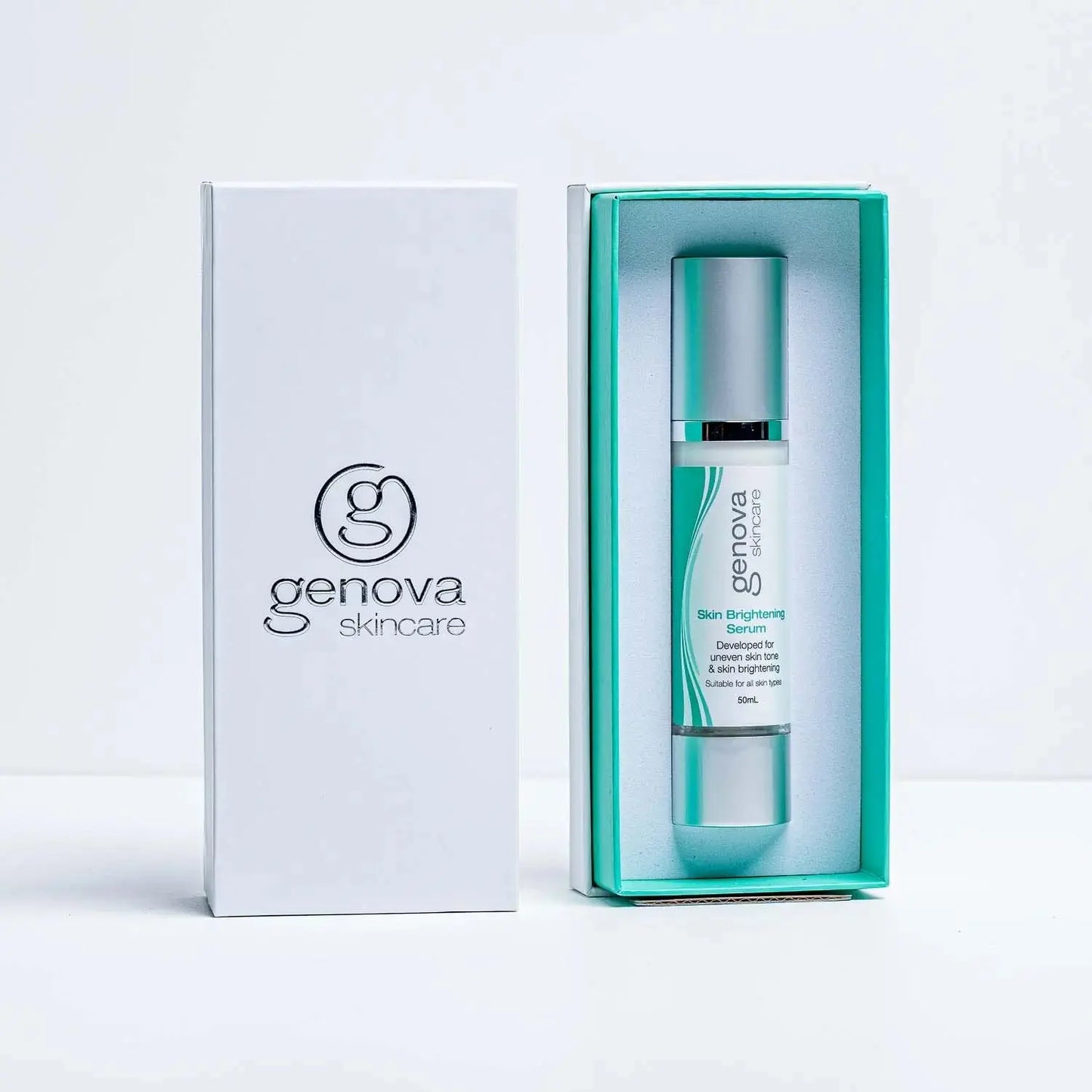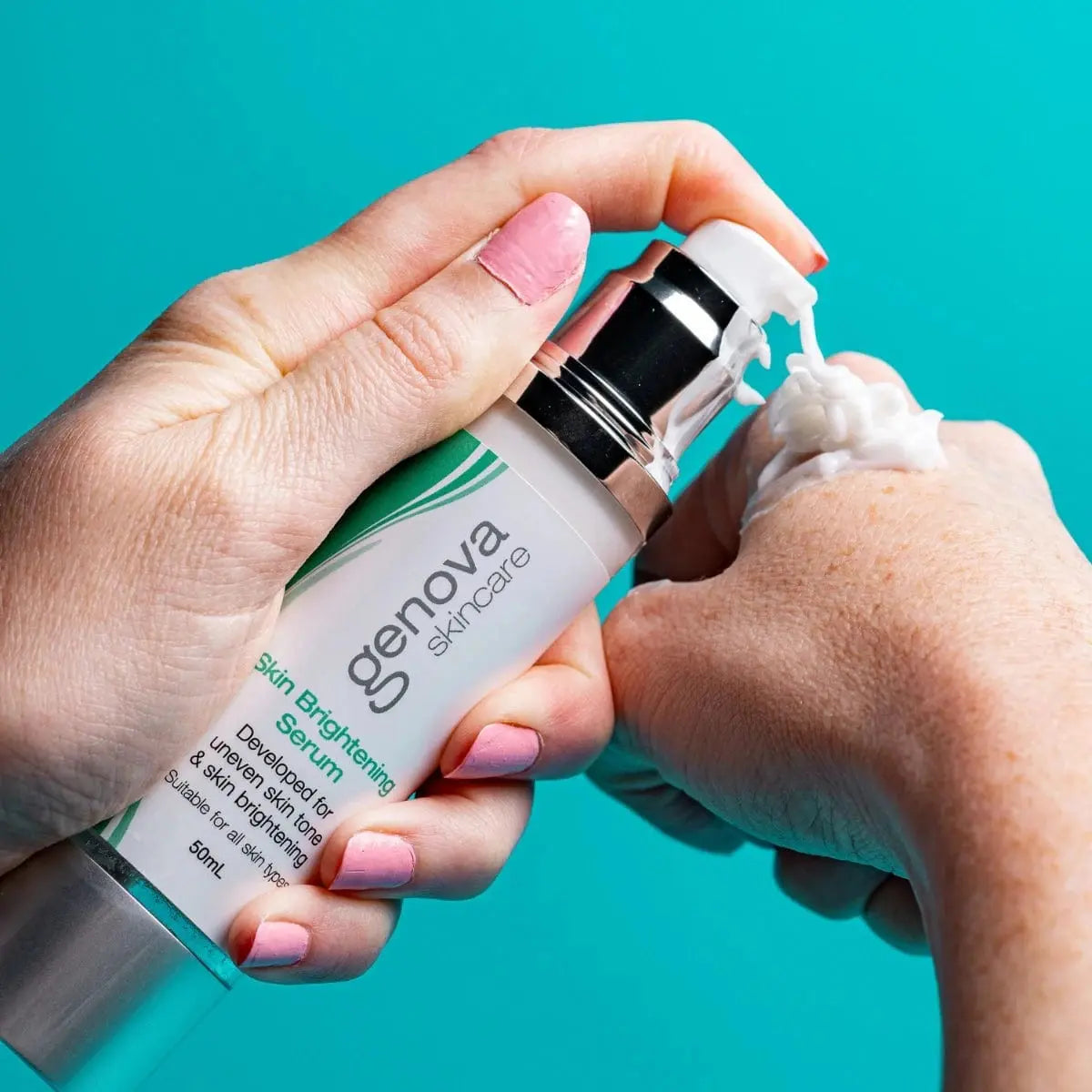What Can Cause Melasma on the Face? Understanding and Treatment Solutions
Melasma is a common skin condition that affects millions of women, particularly during hormonal changes. This widespread issue can significantly impact confidence and self-esteem. Understanding its causes and exploring effective treatments is crucial for managing this challenging skin concern.
Melasma is not just skin discolouration – it’s a complex condition that can profoundly affect confidence and daily life. This chronic condition appears as symmetrical brown or greyish patches, typically on the cheeks, forehead, nose, and upper lip. While it affects all skin types, it’s particularly common in women with darker skin tones (Fitzpatrick types III-VI).

Medical research indicates that melasma affects up to 33% of women during their reproductive years, with a significant spike during pregnancy when hormonal fluctuations are at their peak. In Australia, where sun exposure is particularly intense, managing melasma becomes even more challenging due to our outdoor lifestyle and intense UV radiation levels.
Unlike regular hyperpigmentation, melasma penetrates deeper skin layers, making it particularly resistant to treatment. The condition often follows a pattern of improvement and relapse, especially with seasonal changes and sun exposure. Understanding this cyclic nature is crucial for developing effective management strategies and feeling in control of your skin health. Common Triggers of Melasma
Hormonal Changes
Pregnancy, oral contraceptives, and hormone therapy can trigger melasma, leading to dark patches appearing on the face. This form is often called a “pregnancy mask” due to its prevalence among expectant mothers.
Sun Exposure
UV radiation is a primary trigger for melasma, stimulating melanocytes to produce excess pigmentation. Even brief sun exposure can worsen existing dark patches or trigger new ones.
Genetics
Genetics: A Significant Player in Melasma Development
Breaking the Cycle: Advanced Treatment Solutions
Modern skincare technology offers hope for those struggling with melasma. Genova Skincare’s Skin Brightening Serum combines three powerful active ingredients specifically chosen for their ability to target and reduce hyperpigmentation:

Breakthrough Ingredients
Chromabright: This innovative molecule inhibits tyrosinase activity, effectively reducing melanin production while offering photoprotection benefits. Clinical studies have shown its effectiveness in creating a more even skin tone.
Brighlette: A natural-derived ingredient that targets the melanin synthesis pathway, helping to prevent dark spots from forming while gradually fading existing discolouration.
Peelmoist: Beyond its brightening properties, this ingredient supports the skin’s natural exfoliation process while maintaining optimal hydration levels, which is crucial for healthy skin barrier function.
Developing an Effective Treatment Strategy
Success in managing melasma requires a comprehensive approach:
- Daily sun protection is non-negotiable
- Consistent use of targeted treatments like Genova’s Skin Brightening Serum
- Avoiding known triggers where possible
- Regular skin barrier maintenance
Application Tips for Best Results
Apply Genova’s Skin Brightening Serum to cleanse skin in the morning and evening. During the day, follow with a broad-spectrum sunscreen. For optimal results, maintain consistent usage for at least 8-12 weeks.

Prevention Strategies
While treating existing melasma, preventing further pigmentation is crucial:
- Use broad-spectrum SPF 50+ sunscreen daily
- Wear protective clothing and hats
- Avoid peak UV hours when possible
- Consider your hormone therapy options with healthcare providers
Expert Support
Ready to take control of your melasma? Experience the difference with Genova Skincare’s Skin Brightening Serum, featuring our powerful trio of brightening ingredients. While our product has shown promising results in clinical studies, individual results may vary. Visit our website to learn how this advanced formula can help you achieve more precise, radiant skin.








